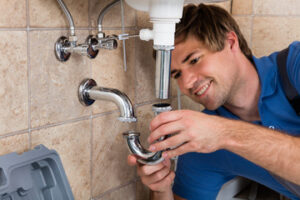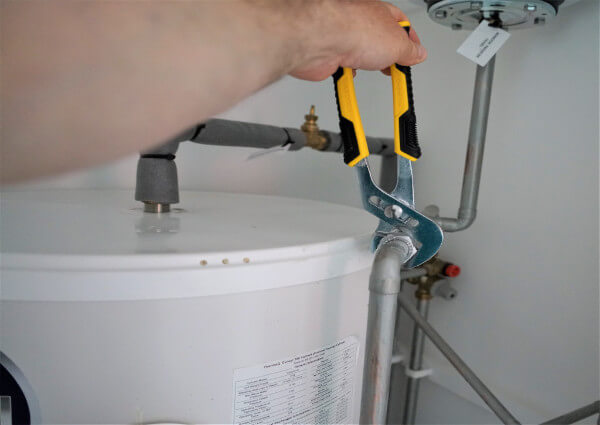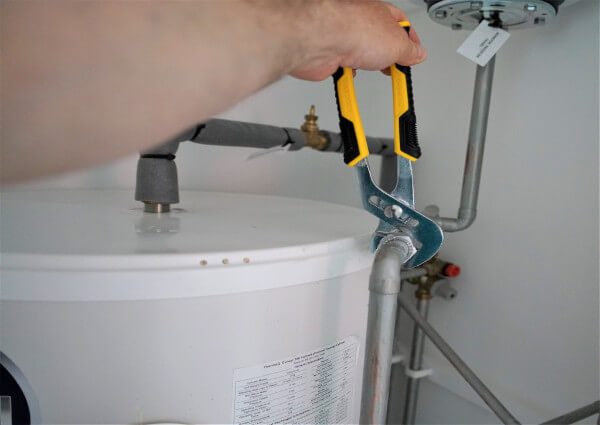If you have an emergency, you should call an emergency plumber to fix the problem. Even if you have a plumbing company in your home, you may not always know when you might need them. The best thing to do is write down the number of the emergency plumbers and keep them on your phone. However, you should avoid making calls until you are sure that there is a real emergency. This way, you’ll be able to contact the most suitable plumbing company at once.

The first step in addressing an emergency plumbing problem is to prepare. Have a few tools on hand. A five-gallon bucket is the most helpful tool in an emergency plumbing kit. It can collect water if there is a leak, and it can also catch any excess water that is present. It would help if you also carried a toilet plunger or a drain snake for emergency use. This way, you can easily open the drain.
The next step in an emergency plumbing service is to call a plumber. Your plumber will come to your home as soon as possible, but you should never forget that the price will be different from regular services. The plumbers will need to order necessary parts, which may take a couple of hours. You can also get an estimate of how much the service will cost. You can even choose to work with a company that will respond within 24 hours.
A clogged drain is also an emergency plumbing issue. It can prevent the water from flowing through your home and require a professional plumber to fix the problem. Most clogged drains can be fixed by yourself, but you can call a plumbing company if you’re not sure. It’s best to hire an emergency plumber in case the problem is a bit complex. It’s also best to call a plumber as quickly as possible since it could cost you a lot of money in the long run.
An emergency plumbing service will be able to fix the problem fast. It’s essential to call a plumber for all emergency plumbing needs because a broken water pipe can cause a lot of damage to your home. A professional plumber will help you with any plumbing repair and can handle emergencies safely and efficiently. The problem can be difficult to repair on your own, but you must contact a professional right away to avoid any unnecessary damage to your home.
A clogged drain is one of the most common plumbing emergencies. You’ll probably need a professional emergency plumbing service for this type of problem, but it can be easily repaired by removing hair and soap scum from the drain most of the time. The best option is to call a professional plumber for the job, as this will save you a lot of time and money in the long run. And if you’re looking for a plumber, don’t hesitate to call a 24-hour company.
A plumber who works in emergency plumbing situations can be the difference between life and death. A plumber who works around the clock will be able to repair the damage and restore water pressure. He will also be able to give you tips on preventing further damages and making your property look better than ever. So, call an emergency plumber as soon as you can! The emergency plumbers will come prepared with the proper tools and equipment needed for the job.
Burst pipes are another typical plumbing emergency. A burst pipe can cause a lot of damage, so it is vital to call a plumber as soon as possible. While you might be able to fix the problem on your own, the damage can be costly and may even threaten the home’s safety. This is why it’s best to call a plumber who specializes in plumbing services in your area. You won’t regret it!
In case of a major plumbing emergency, a professional plumber should be called immediately. These plumbers are experienced in dealing with emergencies and can deal with them professionally and with a sense of urgency. In the event of a plumbing emergency, call an emergency plumber to fix the problem. These professionals will be able to solve the problem quickly and avoid further damage. They can also prevent further damage to the property. There are many reasons to call an emergency plumbing service.




